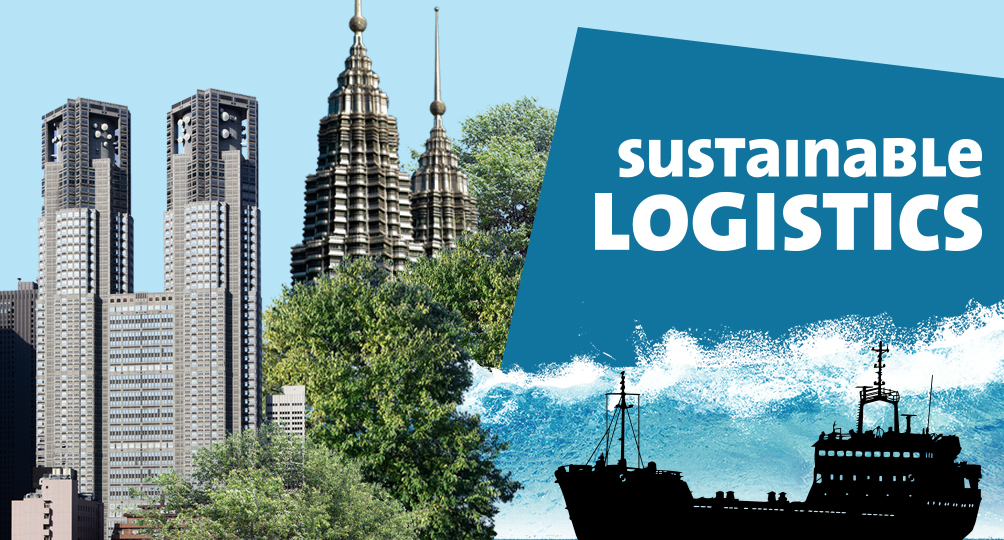Have you thought about how logistics can be both efficient and eco-friendly? The global demand for sustainability is reshaping industries, including logistics. From greener transportation to advanced technology, every step counts.
This article explores how logistics is adopting sustainable practices to reduce its carbon footprint. For example, engaging an RPA implementation consultant is helping companies streamline operations for greater efficiency. Let’s dive into how the industry is changing and what this means for the future.
RPA Consultant: Driving Change
The logistics sector is turning to automation for better sustainability. An RPA implementation consultant helps streamline workflows, saving time and resources. Automation minimizes manual errors, boosting overall efficiency. From document handling to tracking shipments, automation reduces unnecessary energy use. These tools also ensure smoother coordination between stakeholders in the supply chain. These advancements support the logistics industry’s sustainability journey.
Green Transportation Solutions
Switching to eco-friendly transportation methods is a key focus. Electric vehicles are replacing traditional fuel-powered trucks. Rail freight is being prioritized for long-distance hauls to cut emissions. Even last-mile delivery is seeing greener options like bicycles and electric scooters. Hydrogen-powered vehicles are also emerging as a viable option. These changes significantly reduce fuel dependency and air pollution, making transportation cleaner.
Sustainable Packaging Innovations
Packaging plays a vital role in sustainable logistics. Companies are adopting reusable and biodegradable materials. Slimmer and lighter packaging also reduces shipping weight and emissions. Innovations like edible packaging and compostable wraps are gaining traction. These changes meet customer demands for eco-conscious solutions. Sustainable packaging reduces waste while maintaining product safety during transit.
The Role of Renewable Energy
Logistics hubs are tapping into renewable energy for power. Solar panels and wind turbines are common additions to warehouses. Renewable energy solutions power operations while reducing reliance on fossil fuels. Battery storage systems are being installed to enhance energy efficiency. These practices lower operational costs and align with sustainability goals. Cleaner energy sources are reshaping how logistics facilities function while cutting long-term expenses.
Optimizing Supply Chains for Sustainability
Supply chains are being redesigned with sustainability in mind. Real-time data and predictive analytics improve inventory management. Less overstock means fewer products go to waste. Sustainable sourcing ensures raw materials are ethically obtained. Businesses are also reducing reliance on carbon-intensive shipping methods. Together, these strategies enhance efficiency while reducing environmental harm.
Leveraging Technology for Smarter Logistics
Smart logistics solutions are making transportation and delivery more sustainable. Advanced tools like automation and data analytics help optimize routes. Fewer miles driven translate to lower emissions and energy savings. Advanced tracking systems ensure deliveries are efficient and on time. Engaging an RPA implementation consultant is one way businesses are integrating efficient technologies. These advancements allow logistics companies to reduce waste and improve productivity.
Training for a Sustainable Workforce
A knowledgeable workforce is crucial for adopting sustainable logistics practices. Training programs educate employees on reducing waste and energy use. Workers learn how to operate new technology and maintain eco-friendly equipment. These efforts ensure the smooth integration of sustainability into daily operations. A workforce aligned with sustainability goals fosters long-term change. This shift creates a culture of accountability and innovation.
Collaborative Efforts Across the Industry
Sustainability in logistics requires collaboration across the industry. Partnerships between suppliers, shippers, and retailers create shared strategies. Industry-wide initiatives focus on reducing collective emissions, and governments and organizations are setting stricter sustainability benchmarks. These collaborations encourage the adoption of new technologies and ideas. Together, stakeholders are driving impactful changes that benefit the planet.
The logistics industry is proving that efficiency and sustainability go hand in hand. Greener transportation, smart technology, and renewable energy are key drivers of this change. Sustainable packaging and supply chain innovations are reducing waste at every step. Collaborative efforts and a trained workforce amplify these initiatives. Engaging an RPA implementation consultant can further streamline the process. Together, these changes are paving the way for a sustainable future in logistics.
